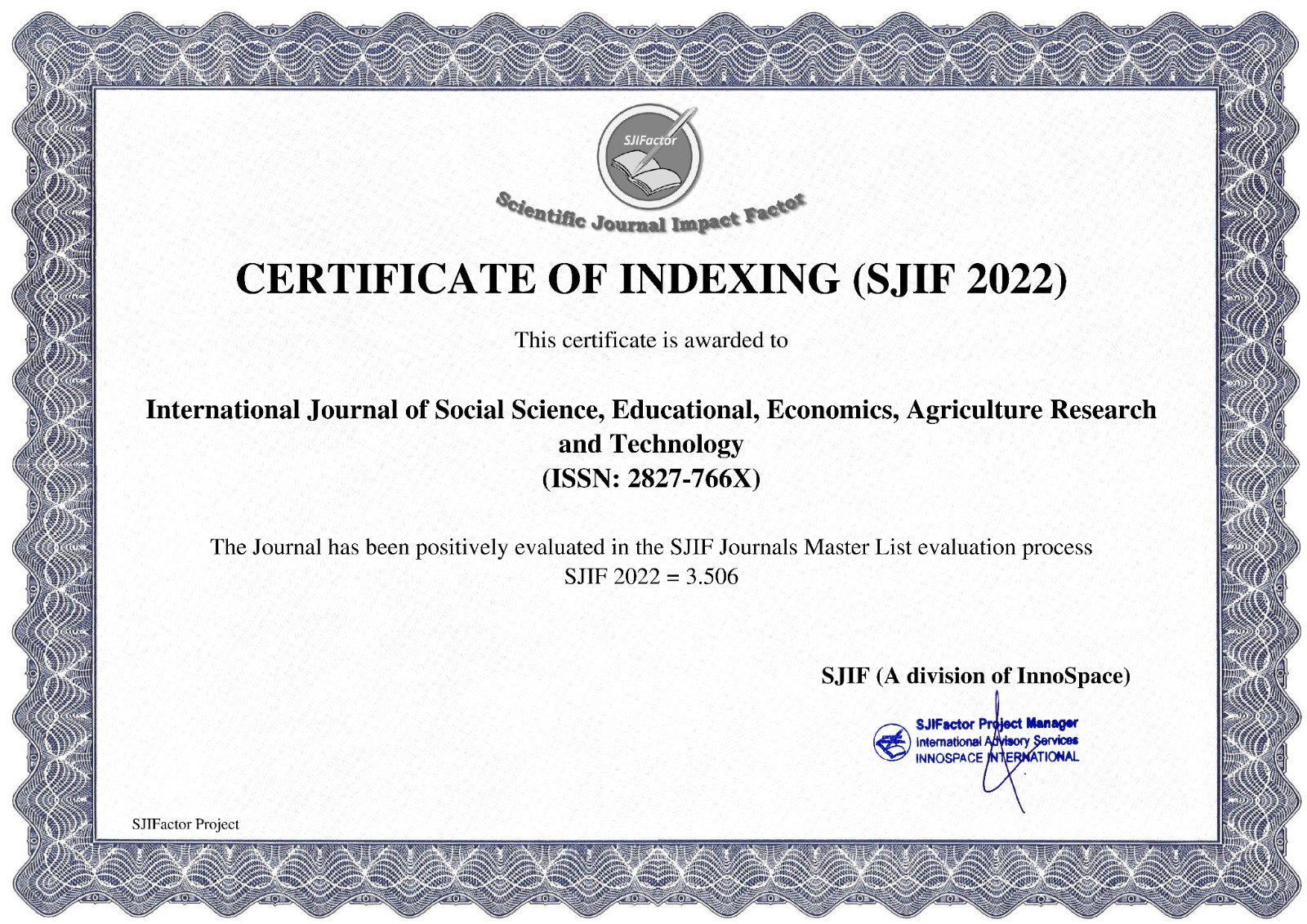GLOBAL MARKETS AND BUSINESS CENTERS
Main Article Content
Irada Sinta
Intan Aulia Sari
Ulfa Yulinazira
Siti Munawiroh
This paper discusses global markets and international business and their impact on companies and the economy at large. The global market includes international trade activities, cross-border investment, and inter-country economic integration. International business involves multinational corporations, global supply chains and international financial transactions. In the context of global markets, companies have wider access to larger markets, increase sales opportunities and diversify risks. They can access resources and labor that are not available in their home countries. However, engaging in international trade also involves challenges such as cultural differences, laws, regulations, and economic and political risks. International trade plays an important role in the economic growth of a country. It facilitates the flow of goods, services and capital between countries, increases productivity, creates jobs and strengthens economic dependence between countries. To trade in global markets, companies must understand international trade regulations, build strategic partnerships, and take advantage of technological advances to facilitate global communications and transactions. In addition, companies also need to manage risks related to currency fluctuations, changes in trade policies, and operational risks in foreign markets. Through careful research, in-depth market analysis and the use of the right strategies, companies can successfully trade with the world, increase their competitive advantage and achieve sustainable growth in an era of ever-evolving global markets.






















